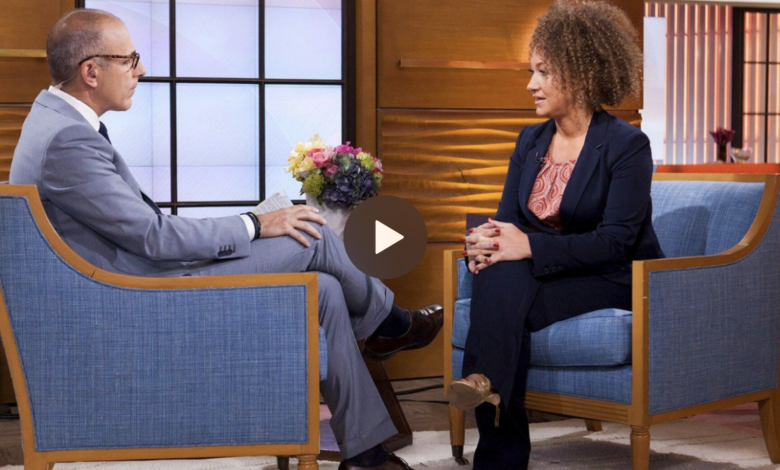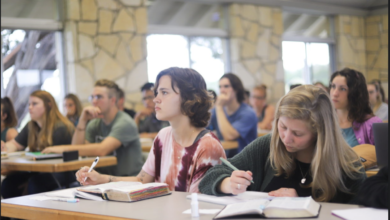High-Profile Cases of Alleged Forged Qualifications: A Deep Dive into Credibility Issues
High-Profile Cases of Alleged Forged Qualifications

In the competitive world of high-profile careers and public life, individuals often face immense pressure to stand out and excel. This pressure sometimes leads to allegations of forged qualifications. Such allegations can have far-reaching consequences, tarnishing reputations and raising questions about credibility and integrity. In this article, we’ll explore several well-known individuals who’ve faced such allegations, examining the impact on their careers and the broader implications for trust and accountability.
Brian Williams: A Credibility Crisis
In 2015, Brian Williams, the former NBC Nightly News anchor, became embroiled in a credibility crisis. Allegations emerged that he had exaggerated his experiences during the Iraq War, fabricating events to make his reporting more dramatic. This controversy not only raised questions about his qualifications but also shook trust in journalism to its core. Williams’ case serves as a stark reminder of the heavy burden of credibility that news anchors carry.
Rachel Dolezal: An Identity Controversy
Rachel Dolezal’s case was unique; it didn’t involve forged traditional qualifications but a controversial claim about her racial identity. Dolezal, the former leader of the Spokane, Washington NAACP, claimed to be African American when she was revealed to be of Caucasian descent. Her actions brought the concept of identity and authenticity into the spotlight, underscoring the importance of genuine representation in advocacy and leadership roles.
Marilee Jones: MIT’s Dean of Admissions
In 2007, Marilee Jones, the former Dean of Admissions at MIT, resigned due to revelations that she had fabricated her educational degrees on her resume. Her case revealed the critical role of honesty in the educational system and demonstrated the severe consequences for educational institutions with leaders of questionable qualifications.
Elizabeth O’Bagy: A Disputed Expertise
In 2013, foreign policy analyst Elizabeth O’Bagy faced allegations that she had misrepresented her educational credentials. This case raised questions about the qualifications and credibility of experts in their fields, emphasizing the potential impact of such allegations on policy decisions. The public relies on experts for informed guidance, making accuracy in their qualifications vital.
Scott Thompson: CEO with False Credentials
Scott Thompson’s tenure as Yahoo’s CEO ended abruptly in 2012 when it was revealed that he falsely claimed a computer science degree on his resume. His departure highlighted the heightened scrutiny applied to top executives and reinforced the significance of accurate qualifications in leadership positions.
John Roland: News Anchor’s Unraveled Tale
John Roland, a well-known news anchor for WABC-TV Channel 7 Eyewitness News in New York, had to resign in 2004 after allegations arose that he had falsely claimed to have a degree from Columbia University. This case underscored the importance of honesty and credibility in the media industry, where trust is a vital currency.
Laura Callahan: A Government Official’s Fall
In 2004, Laura Callahan, a senior director at the Department of Homeland Security, resigned after it was revealed that she had misrepresented her educational background. This incident brought to the forefront the need for accountability in government positions, especially in agencies tasked with safeguarding the nation’s security.
George O’Leary: The Notre Dame Scandal
George O’Leary was hired as the head football coach at the University of Notre Dame in 2001 but resigned just days later when it was discovered that he had falsified parts of his resume. This case prompted scrutiny of the qualifications of individuals in high-profile sports positions and underscored the potential fallout of misrepresentations in the world of collegiate athletics.
H.G. Wells: A Literary Figure’s Embellishment
The famous author H.G. Wells, celebrated for his contributions to science fiction literature, briefly claimed to have a degree in biology from the University of London. However, he later admitted that he did not possess such a qualification, reminding us that even celebrated figures can be prone to embellishments.
Frank Abagnale: The Master Impersonator
Frank Abagnale, though not celebrated for legitimate accomplishments, posed as a Pan Am pilot, doctor, and lawyer without the qualifications in the 1960s. His life story became the inspiration for the movie “Catch Me If You Can,” shedding light on the audacious world of impostors and the challenges in verifying qualifications in various professions.
Conclusion
Allegations of forged qualifications, while not definitive proof of guilt, can have a lasting impact on an individual’s reputation and career. These cases serve as stark reminders of the significance of truthfulness, transparency, and accountability in high-profile careers and public life. Trust is a valuable commodity, and the burden of credibility remains a significant challenge for individuals seeking to make their mark in the public eye. Allegations of forged qualifications emphasize the need for honesty, accuracy, and authenticity, as the consequences of failing to meet these standards can be severe.




